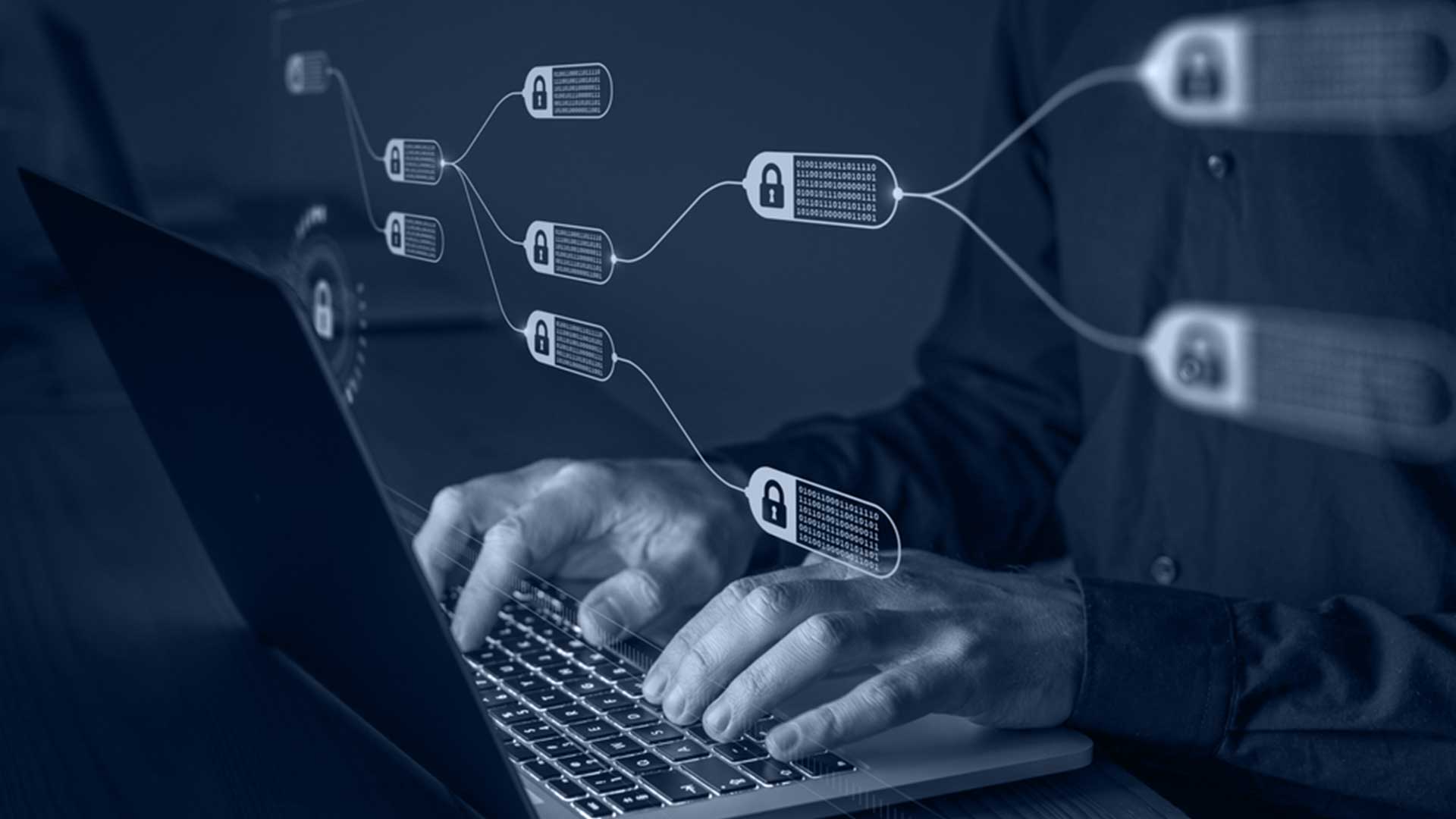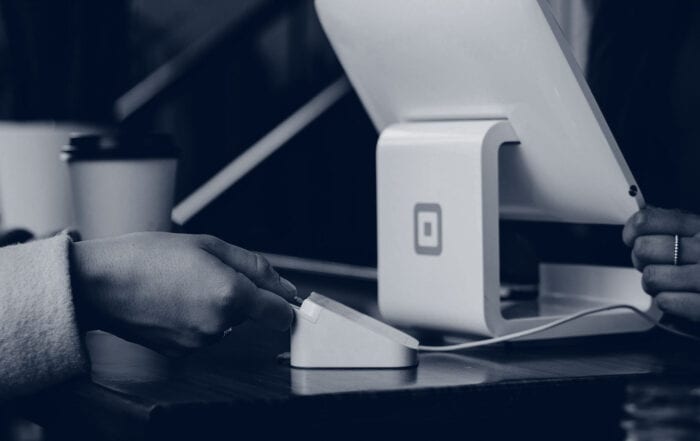BCB Group - Guides - Blockchain Banking: Understanding How it Works
Blockchain Banking: Understanding How it Works
If you’re invested in the cryptocurrency market, either in terms of interest or in holdings, it’s likely that you’ve encountered the term blockchain – potentially you even have significant knowledge regarding the technology already. For those who already have an understanding of blockchain technology, you’re in a great position to start utilising it to your advantage for your payments and transactions. Here at BCB Group, we’re committed to bringing our audience the latest news from the industry, as well as the best educational resources on a number of crucial topics, ensuring that everyone in our network feels informed, enabled, and confident when conducting payments activities within the crypto industry.
To learn more about blockchain banking, you’re in the right place; we’ve put together a comprehensive guide to help you understand more about the technology, as well as its uses, importance, and the impact that it is predicted to have across the industry in the coming years. If you’re ready to start your crypto journey with a reputable banking partner in the cryptocurrency space, or you’d like to discuss account options and the benefits of working with BCB Group, you can contact us right here on our website for expert advice from our highly knowledgeable team. No matter what it is that you’re looking to learn, you’re sure to be able to find the information that you need by chatting to our team and investing some time into our informative resources, which you can find on our insights page.
Decoding the Blockchain Confusion
For many, the topic of blockchain can be a confusing one. This method of processing, monitoring, and storing transactions and payments is incredibly different to the methods of traditional financial institutions. Blockchain was initially introduced as the underlying technology for Bitcoin, offering people a safe and secure way to trace payment history to avoid cases of fraud and money laundering. Blockchain is a database that is used to collect and store information electronically; the database is controlled by multiple users across the globe and is stored in a number of different locations, meaning there are multiple opportunities to cross-reference records to ensure that any abnormalities are identified and rectified as quickly as possible without causing disruption. Essentially, once a bitcoin has been mined, this is added to a ‘block’ that is part of a long ‘chain’ of records and is held there indefinitely, without any access to edit, meaning records cannot be altered or tampered with.
The transparency that blockchain offers, by utilising a decentralised structure, helps to ensure that transparency is at the forefront of the cryptocurrency industry, creating a space that is incredibly difficult to manipulate. Once a transaction has been stored in a block within the blockchain, this is a permanent action that cannot be undone, creating a longer, more secure way to track purchases and payments using digital currency. At the last counting, the total height of Bitcoin’s blockchain had reached 699,471 blocks, showing the vast extent to which transactions are recorded when purchasing using a blockchain-based cryptocurrency or asset.

Why is Blockchain Disrupting our Banking Methods?
Since its inception, the existence of blockchain technology has been pegged as something that will have a major impact in industries relating to payments, banking, and other financial activities. In particular, the way that blockchain enables digital money to function in a feasible manner is of note. Arguably, it is this feature that has skyrocketed the adoption of blockchain worldwide and has raised awareness of how the technology can be used as we move forward into a more digitally enabled future. Blockchain is unique in the way that it is controlled – unlike other databases that have one centralised admin who is in charge and can edit the entries in any way that they would like, blockchain users are the ones who control the records, making it harder to fake or alter a transaction retrospectively.
One of the biggest advantages that blockchain technology presents, in terms of potential adoption, is the automation that may be possible; in a distributed ledger, all of the partners involved in the transaction are able to connect and ensure that everything flows as smoothly as possible. This could see settlement times, a previous pain point with many banking solutions, slashed considerably, resulting in faster transactions that reduce the associated risk and enable the customer to free up capital quickly, creating liquid assets that can be utilised now, rather than in a month’s time.
Another key element is the hours of operation that blockchain banking offers; where a traditional bank will likely operate using office hours, typically 9:00-17:00 on weekdays, blockchain banks and Bitcoin platforms do not face these same restrictions. Blockchain operates around the clock 24/7, giving users a level of flexibility and accessibility that has never been seen before when it comes to settling transactions, increasing the experience for the user and creating an environment that’s more useful, more often.
What Does this Mean for Cryptocurrency in the Future?
The future of cryptocurrency is brighter than it has ever been before. With more and more businesses and entities starting to see crypto as a viable source of payment and a valuable asset to invest in, we expect to see popular tokens such as Bitcoin continuing to increase in value and functionality as time progresses. As we move into this era, it’s only natural to see blockchain embraced on a wider scale; we expect to see blockchain being used more broadly across other industries surrounding the crypto sphere over the coming years, with industry leaders looking for accurate, secure solutions that require fewer middlemen in order to function. This streamlined process will become the new normal when it comes to transactions, payments, and records and will, in time, offer a faster and more optimised industry for everyone to engage with.
If you’re ready to get more involved with blockchain banking and cryptocurrency, get in touch with a member of the BCB Group team today. After speaking to our experts, you’ll understand how we can offer you the support of a trusted, reliable payment infrastructure provider helping your business to operate as effectively as possible.








